Affiliate links on Android Authority may earn us a commission. Learn more.
An end or an error: App downloads are on a dangerous decline in the USA

An app a day… Isn’t the current way
For years on end, apps have been the crystal cornerstone in the smartphone stable. Largely beginning with Apple’s App Store from the iPod Touch of all things, the small sized staples known as mobile apps have been downloaded billions and billions of times. Chances are also quite high that, if one were to examine a random person’s device, there would be a whole host of small software staples used on a daily basis, be it Twitter, Instagram, or even Ingress.
According to a new report however, things have significantly changed, as Apps are no longer the explosive growth engines they once were. This might not come as a surprise given that it has almost been a year since research showed the average US smartphone doesn’t download even a single app per month.
The new statement about the state of the industry comes courtesy of Nomura Research, which culled data from SensorTower. This piece will seek to briefly summarize the situation, but more importantly, to examine just why such a stark contrast to years gone by has taken pace.
Noting the numbers
In considering the case for declining app downloads, the first figure to feature comes from data dealing with devices in the USA:
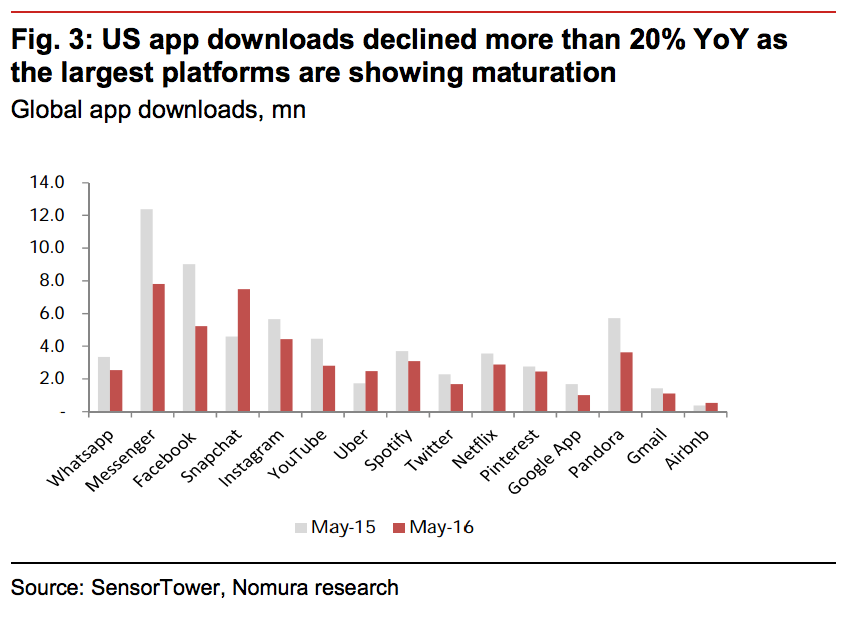
As the title of the graph indicates, downloads in the US have dropped 20% year-on-year. Looking at the data specifically however, there is an interesting trend at play: Instances of Facebook app downloads have dropped to the point where they are now eclipsed by Snapchat. On the other hand, Facebook Messenger, while also dropping significantly, is higher than both. Given the news that Facebook now plans to make Messenger mandatory for messaging, it can be expected that the figure will either (1) spike or else (2) drop even further with users being angry at the prospect of needing a separate app just to text their friends.
Aside from Snapchat, Uber and Airbnb are the only other apps to see an increase YoY, which serves to indicate the growing trend of crowd-sourced services. While those living in major cities might question the logic of using a service like Uber given the prevalence of taxis and the tremendous amount of traffic (“who has a car in NYC?”), it’s important to remember that those in rural areas may otherwise have to wait 30+ minutes for such a luxury, thus making Uber a much more practical part of their lives.
Still, the take away here is likely that the majority of apps listed are in download decline for the simple fact that they are so common. Facebook’s days of astronomically explosive new user growth are arguably over given that with billions of people already using it, it’s somewhat safe to suggest those that don’t use it now probably won’t be doing so in the future, either.
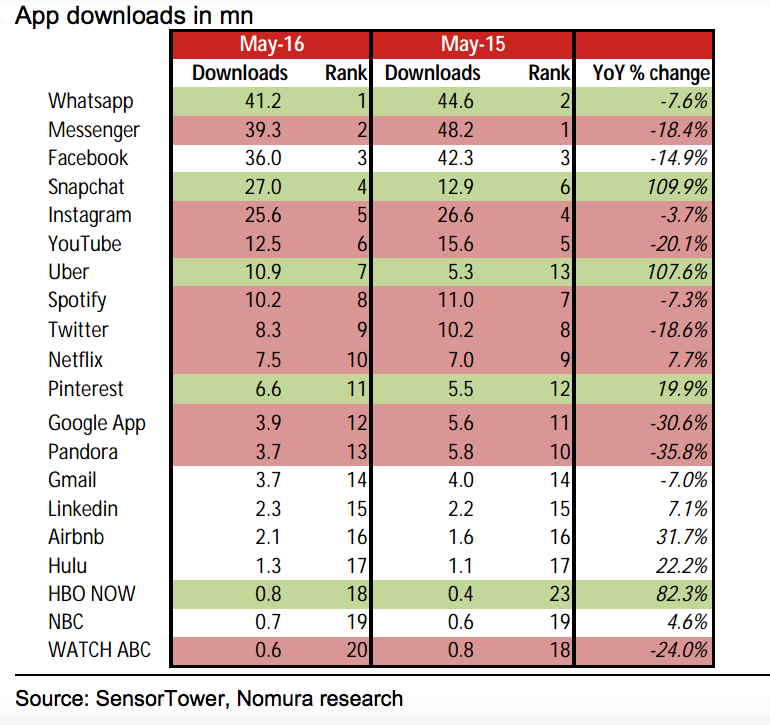
The second piece of data, the above table, reinforces this trend with more specific numbers to go on. Now let’s consider the global situation:
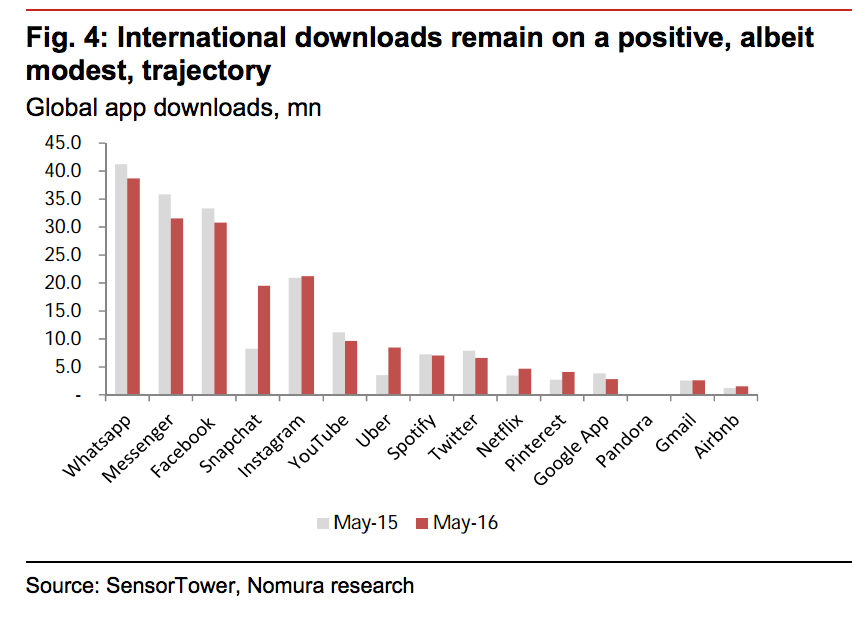
Here things look less lethargic, though there is still some modest decline in downloads to speak of. Whatsapp, Messenger, and Facebook are all seeing decreases while Snapchat, Instagram, and Uber continue to climb.
Cause for concern: Android developers
Since the beginning of the modern smartphone era, users have been devouring apps. And yet, even the once mighty – Angry Birds and Farmville – have become relics of the past, something that Rovio and Zynga no doubt lament. Even on an overall picture, ever since its inception, Android users have been shown to spend less on app purchases. This was once a product of a simply lackluster lineup, but in the years since Android first debuted, it has more or less caught up to iOS, at least with respect to phone software.
Because Android has always allowed side-loading, that is to say manually installing Apps via sources other than the official Play Store or other pre-installed vendor portal, this made it much easier to pirate the files. With Apple on the other hand, the devices would need to be jailbroken which would prevent them from syncing with iTunes and invalidate warranty service.
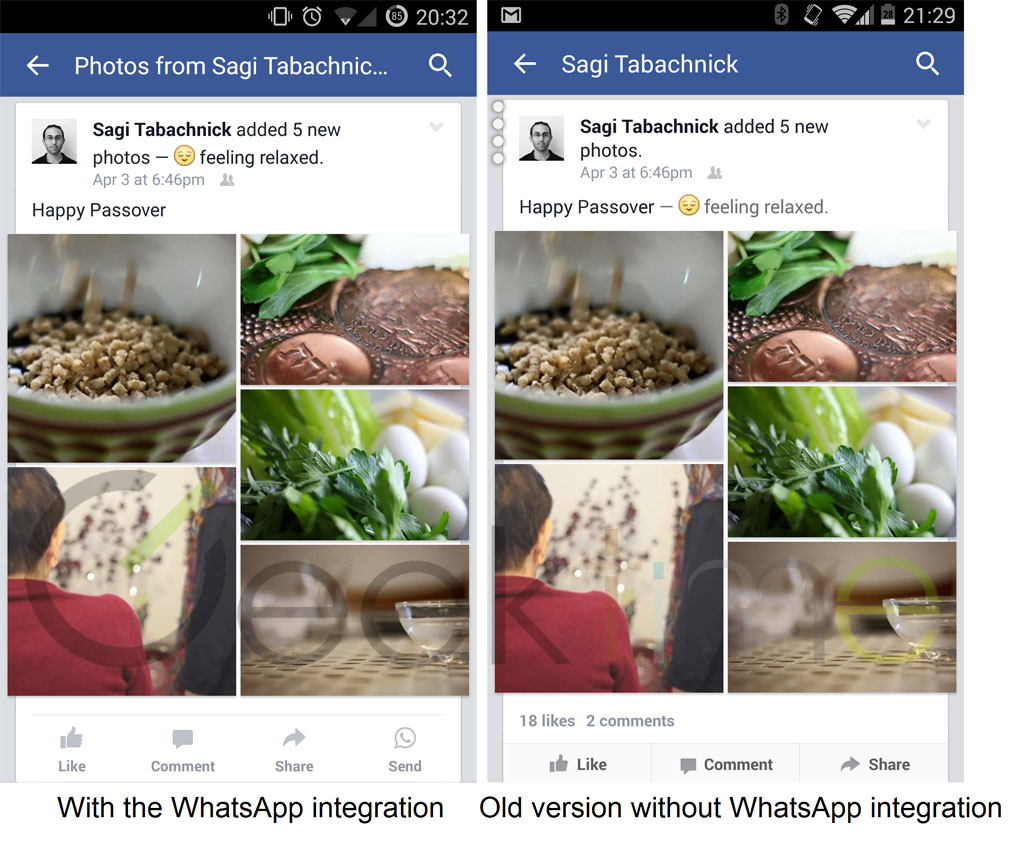
As the data is platform agnostic however, it suggests that even among Apple customers, downloads are down. Perhaps this makes sense given that, so too, are iPhone sales down – for the first time ever no less. Of course, given that more people with iOS devices spend money on the apps or respective services, this means Android developers area facing a much more difficult dilemma.
It can take multiple magnitudes of money to make a massive media monster and with less revenue coming in, the initial outlay becomes that much more fractured to finance. In an almost ironic sense, the “old school” more simplistic software that graced Android in the early days has been made less important thanks to the super powered SoCs in hardware these days. Yet at the same time, the costs to make such good looking games are significantly larger, which means developers must feel confident they will be collecting on their investment.
App-athy
One possible for decreased downloads is the simple fact that the freemium business model has destroyed any semblance of sustainability. Traditionally, apps cost money and therefore developers see an immediate influx of cash when a customer pays $2 to download their game.
On the other hand, with a free game that uses IAP, the customer pays nothing up front. There is absolutely no reason for them to keep the game or play it ever as no financial outlay took place. Were customers to actually pay for these products however, there would be a burden of quality or quantity to substantiate their investment, and it would possibly follow they might be more apt to act on an app.
The freemium model allows companies to make far greater caches of cash in the long term, but that ultimately depends on having long term users, something that Nintendo likely is quickly realizing is a major headache: its Miitomo social network has floundered despite what was a very successful release.

Another possibility is that apps, specifically games, will never ultimately rival a home console experience. While this is not to demean the efforts of top notch game developers and their software, suffice to say it’s unlikely Metal Gear Solid V would ever see a release on a smartphone, and even less likely any smartphone developer would – or could – ever make something of that nature.
There is also a major problem in terms of over-crowding. While console games have had clones and the likes, there are untold scores of duplicate apps on mobile markets. In fact, just doing a quick search for Twitter yields a positive plethora of different apps, all serving to complete the same basic function, just in a slightly modified way.
Flappy Bird is another great example, as within days of the product being pulled, there were clones up the wazoo. Even Google got in on the action with the Android Lollipop and Marshmallow hidden Easter Eggs.
The mighty have fallen
As mentioned earlier in the piece, it shouldn’t be a big surprise to see that some of the most mainstream and mainstay apps have lost their mojo in the US. Even when considering something like Facebook, a platform that could technically stand to increase its users indefinitely, there is more than one way to access the site. Sure the app is convenient, yet it also sucks down data and battery life in ways that navigating via a browser wouldn’t.
Likewise it, along with Whatsapp and others, require access to obscene amounts of data and platform services on the Android OS, privacy invasions that some simply are not comfortable with. In fact, with Google now granting granular permission for apps, it seemingly makes the potential problem even more pertinent: It’s easy to just click “Ok” when installing something from the Play Store and ignoring the litany of permission listings. With Marshmallow however, each of them can pop up individually however, making the user see how intrusive things really are.
Perhaps the larger story here is simply that nothing lasts forever. Smartphone sales have died down from their explosive boom a few years ago, and as a result companies like BlackBerry and HTCare constantly feeling the heat. So too, would it follow, that apathy towards apps would come into play, as there are so many clones and rehashed ideas – most of which are totally free – that people start to lose interest.
Looking Forward
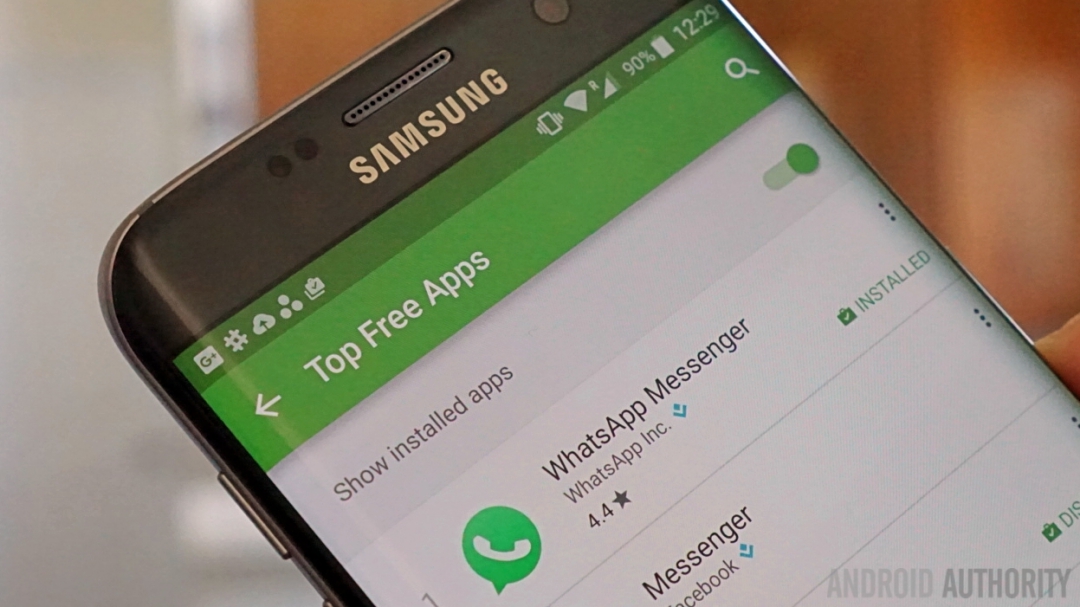
For those individuals looking to get into software development, or at least amateur app arrangement, the news contained within this piece doesn’t exactly bode well for the future. Given that the days of explosive growth in the USA seem to be mere perks of the past, one might be forgiven for feeling a bit disheartened. Still, looking at the numbers, and considering that even for Facebook, growth is still growth even if it’s not as gigantic as before.
Likewise, video games have never been the medium of entertainment for a majority of the population, yet companies like Nintendo and Sony have done more than all right with home consoles. There is still money to be made here, but it’s just not as sure fire and seemingly guaranteed as it might have been some years back. As with anything, the key is doing something new, better, unique, or different from the rest of the pack, and then waiting that someone finally notices the hard work and the product takes off.
Wrap up
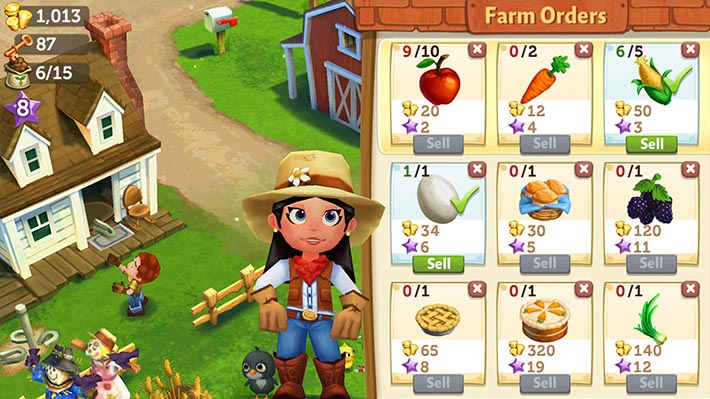
The app marketplace has always been a tricky beast. Many people will download something only to either never use it period, or else test it for a few minutes and either delete it, refund it (on Android at least) or else leave it to sit forever. Staples like Facebook and such have always been above and beyond that aspect of behavior simply because they are more integrated in the daily functioning of people’s every day doings. And yet. Here is a study that seems to indicate even the most hallowed ground of apps are on the decline.
What do you think? Do you still download apps regularly?